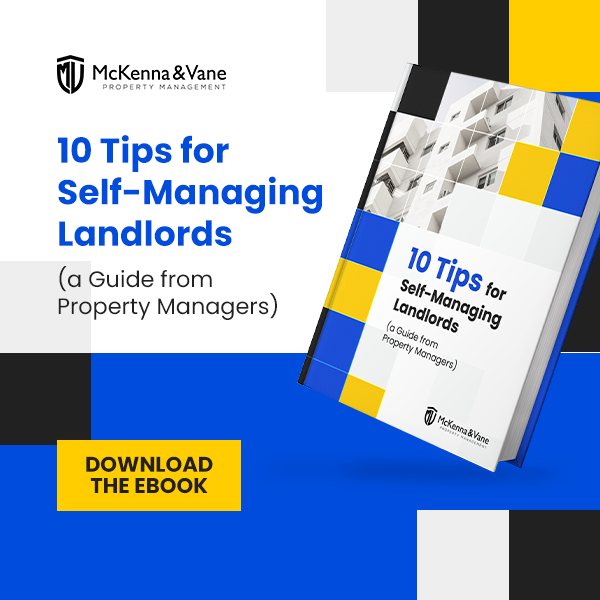Tips to Prevent Tenant Damages to Your Rental Property
Property damage is inevitable especially when renting out the space to tenants. That being said, there are still steps that the property owner can take to help reduce instances of damage.
If you want to learn how to protect your rental properties from damages keep reading!
Implement a Thorough Tenant Screening Process
Before allowing a tenant to reside in the rental, you should always perform a screening. In the screening, you want to look at the tenant's employment history, perform a general background check and look at their credit score. It’s also good to ask for landlord references to get a better sense of what they're like as a tenant.
By performing these checks and speaking with previous landlords you’ll be able to gauge whether or not you think this tenant will be a good fit. This will not only help reduce instances of property damage, but will also give you a better idea of their ability to make timely rent payments, and adhere to the terms of the lease agreement.
Create a Detailed Lease or Rental Agreement
A lease agreement is a legally binding contract that details the rights and responsibilities of the landlord and the tenants throughout the leasing period. In the lease, you want to include any policies you have relating to rental payments and late fees, pet policies, and information about the security deposit.
What’s more, you want to include information about who is responsible for what repairs. You should also make it clear when a tenant must report issues with the property. Furthermore, you can include clauses that will help mitigate property damages. For instance, you may not allow smoking on the property and the burning of candles.
If a tenant doesn’t respect these terms and damages occur you can make appropriate deductions from the security deposit or even begin the legal eviction process if the violation warrants it.
Keep a Watchful Eye During the Move-in Process
When moving into a new space tenants may scratch the floors or bump into walls with their new furniture which can cause dents and other markings. If possible, it’s best to be present to ensure that tenants and moving companies are taking their time moving things into the apartment and that they’re using the proper equipment to protect the space.
Carry-out Regular Property Inspections
This is arguably the best way to ensure that you prevent and/ or catch property damage. By carrying out routine property inspections you’ll be able to ensure that everything is working as it should be in the unit and also get and sense of how well the tenant is maintaining the space day-to-day.
There are four general kinds of inspections that you should be conducting. The move-in inspection, drive-by inspections, move-out inspections, and seasonal ones to check for damages that may have occurred as a result of changing weather. Remember, property damage is not the same as normal wear and tear.
Make Intentional Upgrades
Older units or ones that are generally more high maintenance will depreciate faster and be more costly. Therefore it may be in your best interest to invest in upgrades. Maybe you need to install new flooring, windows or even change out the appliances.
Because these changes can be costly it’s important to ensure that this will ultimately save you money in the long run and/ or increase your property’s value.
Establish a Solid Landlord-tenant Relationship
If you have a good rapport with your tenants they’ll be more likely to maintain the property. One way to establish this connection is by being communicative and responsive. If the tenant knows that they can rely on you for repairs and to answer their questions, they’ll be more likely to report issues as soon as they occur.
Fill Vacant Properties Quickly
When your property is vacant it’s generating maintenance costs without proving you with passive income. With no one living there, it means that if there are issues with the property there’s no one there to report them. It’s also more at risk of becoming a target for vandals, squatters, and thieves.
To protect your property consider the following:
- Visit the vacant rental regularly and inspect it to make sure no one has entered.
- Secure all windows and doors. Make sure that you lock and secure all access points to the property.
- Ask your neighbors to keep an eye on the property and call you if they spot anything out of the ordinary.
- Install security systems. Having an alarm system, cameras, and lights on timers will help protect vacant properties from unwanted visitors.
The best solution, however, is to rent out the property. Therefore, ensure that you’re marketing your available rentals on major listing sites, social media, and using word-of-mouth.
Summary
There are many things a landlord can do to protect their property from damage. By implementing the steps listed above, you’ll be able to protect your investment and keep tenants happy.
If you want help managing your properties contact the experts at McKenna and Vane Property Management. Our property managers will gladly answer any questions you may have!



